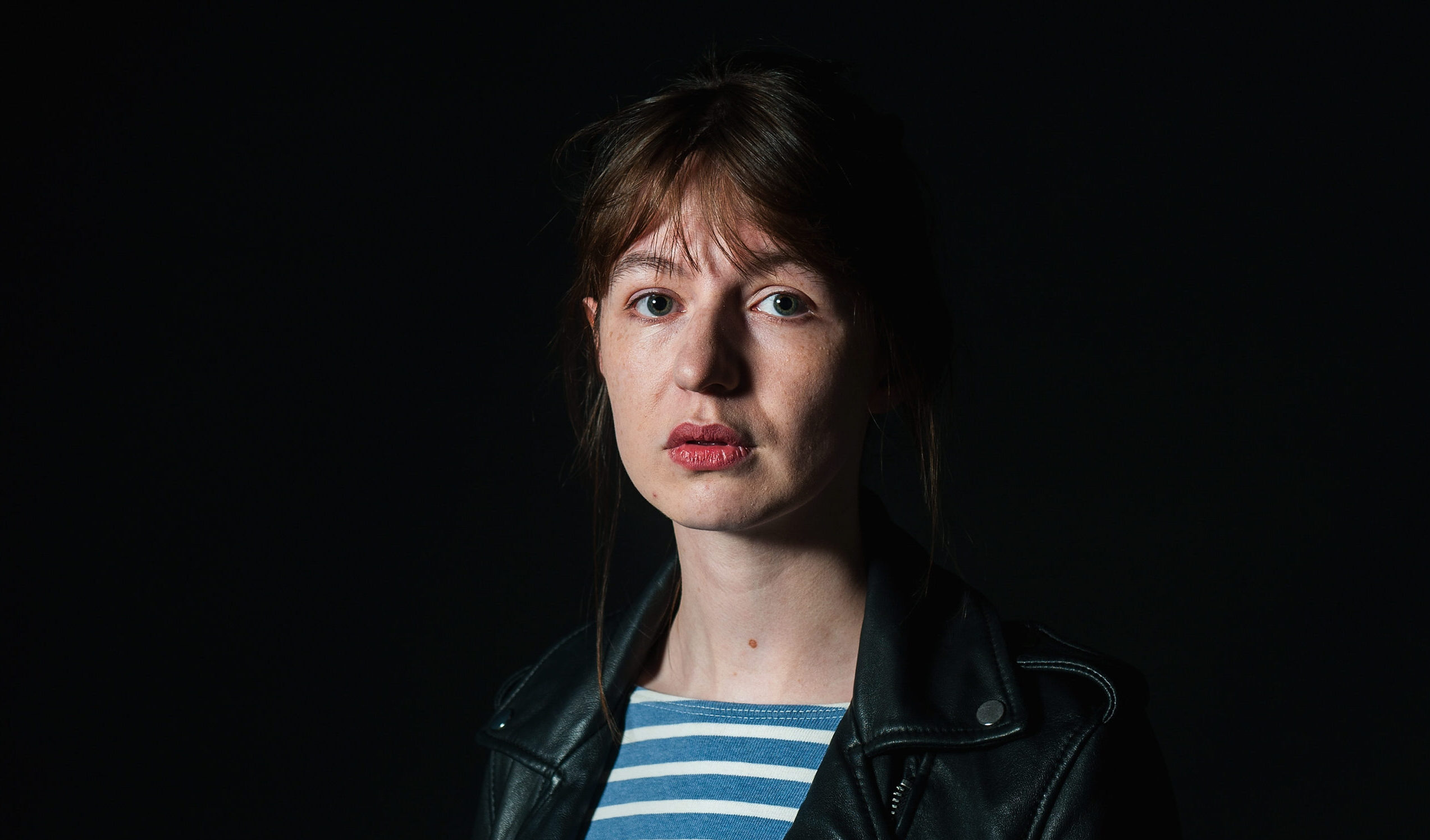This week, I came across two very different sets of stories about women’s lives. I had travelled to Greece for a conference with the organisation Black Elephant, part of which involved being told ancient stories from around the world by globally renowned mythologist Dr Martin Shaw.
One book, Cleopatra and Frankenstein, has been described as the “novel of the summer” and hailed as “the new Sally Rooney“. There now seem to be more new Sally Rooneys than claimants to be the lost Princess Anastasia, but the author Coco Mellors is the current front runner.
Cleopatra and Frankenstein is a clunky but oddly compelling debut novel about a young woman (Cleo) who marries a much older man (Frank) in contemporary New York. The nihilistic, drug-fuelled world of the city’s art and advertising industries are the backdrop to Cleo’s slow disintegration into despair.
Cleo is beautiful, creative and depressed. She sleeps with people she shouldn’t and eventually attempts suicide on a pile of soil that she has heaved into the pristine Manhattan apartment she shares with Frank. It reads as an accidental piece of performance art. She is the latest iteration of the Sad Girl, the sexually available, waifish heroine whose mental health problems are their whole personality. She is also crushingly familiar.
Sad Girl Lit has dominated the bestseller lists in recent years. It isn’t new, of course; Sylvia Plath and Jean Rhys were doing it decades ago, but it is now ubiquitous. Sorrow and Bliss, My Year of Rest and Relaxation, Acts of Desperation, and of course everything by Sally Rooney. I’ve read them all, and even enjoyed some of them. But the relentlessness of this trope is beginning to feel suffocating. At least Fleabag was funny.
The contrast with the women in Martin Shaw’s old stories was stark. Queens, warriors, wise women. Tatterhood, a wild (and ugly) twin who rides a goat, loves her sister and travels the world, full of life and defiance. Vasilisa frees the firebird and wears a dress of 10,000 secrets woven by all her female ancestors. Even The Handless Maiden, the classic Grimm’s fairy tale, in which trauma is so visible, takes a potential victimised “sad girl” and turns her into a Queen who heals herself in a hut in the woods.
Stories matter. Philosopher Alasdair MacIntyre in After Virtue coined the term the “Storied Self”, and argued that we paste together a sense of identity from the narratives available to us. He said: “I can only answer the question “What am I to do?” if I can answer the prior question: “Of what story or stories do I find myself a part?”
The turn to unlikeable heroines and complex stories of women’s pain was probably healthy. More recent tropes — chirpy, compliant Disneyfied Princess; Girl Boss — were suffocating too. We’ve just had enough Sad Girl for now. Women need a wider choice of stories out of which to stitch a self. Next time I need a beach read, I am taking a book of myths.











Join the discussion
Join like minded readers that support our journalism by becoming a paid subscriber
To join the discussion in the comments, become a paid subscriber.
Join like minded readers that support our journalism, read unlimited articles and enjoy other subscriber-only benefits.
Subscribe